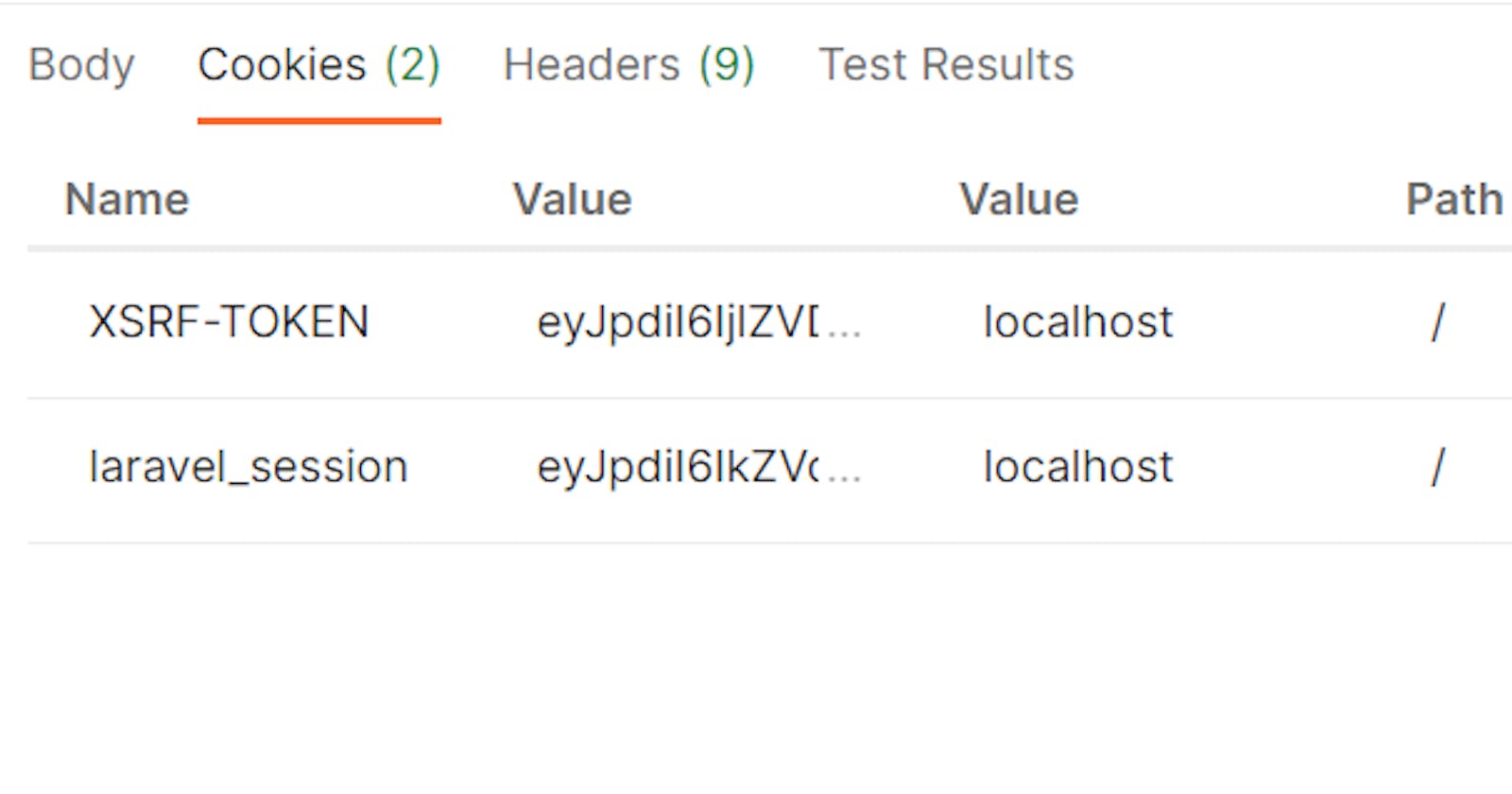Unraveling the Mystery of POSTMAN Cookies: Understanding XCRF Token and Laravel Session
Introduction
In the dynamic realm of web development, cookies play a pivotal role in facilitating communication between a client and a server. Among these, two cookies stand out in the POSTMAN environment - XCRF token and laravel_session. In this article, we will delve into the significance of these cookies, their roles in ensuring secure communication, and the potential consequences if they are missing.
Understanding XCRF Token and Laravel Session:
XCRF Token:
The XCRF token, short for Cross-Site Request Forgery, is a security measure employed to safeguard web applications from malicious attacks. Its primary function is to validate that a request originates from a legitimate source and prevent unauthorized actions. When a user logs in or performs a critical action, the server generates a unique XCRF token, which is then included in subsequent requests. This token acts as a digital signature, ensuring that the request is genuine.
laravel_session:
Laravel, a popular PHP web application framework, uses the laravel_session cookie to persist user sessions. This cookie stores essential user information, such as authentication details and session data. As users navigate through the application, the laravel_session cookie helps maintain their logged-in status, providing a seamless and secure user experience.
Significance and Importance:
Security Measures:
XCRF tokens are crucial in preventing Cross-Site Request Forgery attacks, which could otherwise lead to unauthorized actions on behalf of the user. By validating the source of requests, web applications can ensure that actions like changing passwords or making financial transactions are legitimate.
Persistent User Experience:
The laravel_session cookie plays a pivotal role in maintaining a persistent user experience. Users can log in once and seamlessly navigate through different pages without the need for repetitive logins. This enhances user convenience and engagement.
What Happens If They Are Missing?
XCRF Token Absence:
If the XCRF token is missing or not validated properly, it opens the door to potential security vulnerabilities. Without this token, malicious actors could forge requests, leading to unauthorized actions on the user's behalf. This could result in compromised accounts, data breaches, or other security issues.
Missing Laravel Session:
In the absence of the laravel_session cookie, users may face constant logouts, disrupting their experience and potentially causing frustration. Additionally, vital user information needed for authentication and personalization would be unavailable, impacting the functionality of the web application.
Conclusion:
In conclusion, understanding the role of POSTMAN cookies, specifically the XCRF token and laravel_session, is crucial for web developers and security enthusiasts alike. Implementing these cookies appropriately ensures a secure and seamless user experience. Always prioritize the inclusion and validation of XCRF tokens to guard against potential security threats, and acknowledge the importance of the laravel_session cookie in maintaining persistent user sessions. By doing so, developers can create robust web applications that prioritize both security and user satisfaction.
